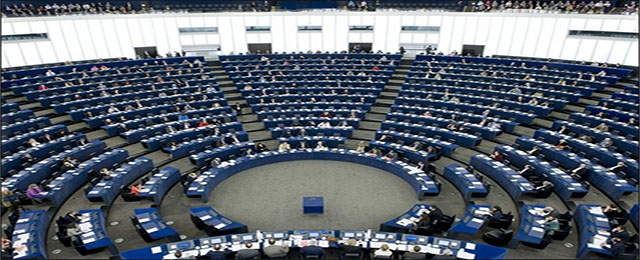Europe does not reach a real common working after 60 years of existence and consequently its population feels regional institutions as a sort of a pie in the sky. The European Parliament forecast by May 25 could set a precedent in the opposite direction. So far the European Parliament was who “choose” the EC’s president name, but this time voters will decide the person to replace Jose Manuel Durão Barroso after ten years in the job.
For the first time the European citizens will have two different candidates to choose, one coming from the socialist party Martin Schulz, who currently heads the European Parliament, and another from the popular party Jean-Claude Juncker, at present time presiding the Euro group. The election campaign is officially to start on Friday night.
This change is not the result of a reform or an pact in the back room but of a consensus decision. The socialist group first presented its candidate Schulz and the spontaneous response of the popular party was launching Juncker to the race. Although the socialist Schulz seems to be best positioned to become the next European Commission’s president, according to polls across all the EU’s countries, citizens still have to cast their votes. US authorities have been demanding since long having a clear European direct interlocutor to deal with key afffairs. No matter who win elections, the US demands will be hopefully met.
These elections will also be the first after 2009’s Lisbon Treaty gave 40 new competences to the European Parliament. This legislative process matches the Parliament power to the Council’s considering any decision will require both institutions approval within a system of “perfect bicameralism,” Spanish analysts at Cortal Consors said.






Be the first to comment on "EU nearer to become a one-voice block"